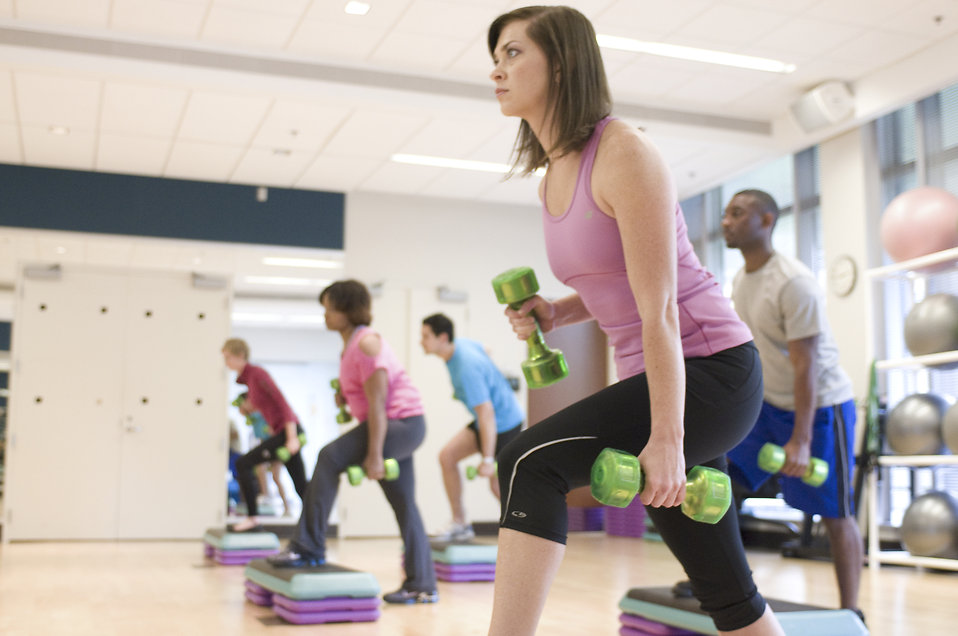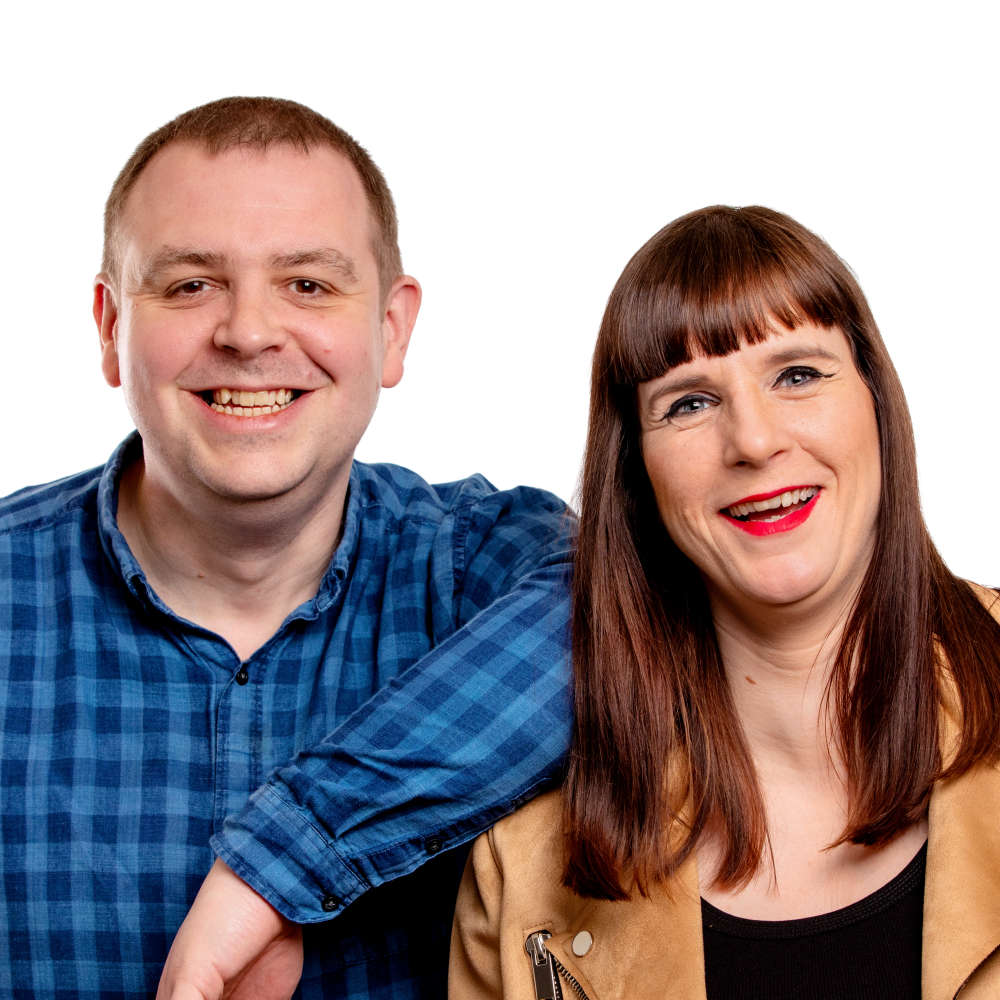
A new infographic launched
Scotland's Chief Medical Officer is launching a new exercise tool today.
Speaking at the Scottish Medical Leadership Conference in Glasgow Dr Catherine Calder will encourage health care professional to use a new infographic document on physical activity.
Jamie Hepburn, Minister of Sport Health Improvement and Mental Health will also address the conference at the Royal College of Physicians and Surgeons of Glasgow.
The one page document has been divised to aid doctors, nurses, charities and allied health profesionals in speaking to patients about the importance of excerise.
It highlights some of the benefits of physical activity, which can cut the chance of developing Type 2 Diabetes by 40%, cardiovascular disease by 35%, and breast and colon cancers by 20%.
Physical activity has been proven to improve sleep, manage stress and improve quality of life. UK guidelines state that adults should aim to have at least 30 minutes of moderate physical activity on five days a week, or 75 minutes of vigorous activity per week.
It is estimated that inactivity leads to 2,500 premature deaths in Scotland every year, and costs Scotland £660 million, or nearly £2 million per day.
Dr Calderwood said: "Tackling inactivity is one of the biggest public health challenges facing Scotland today. Taking the recommended level of physical activity can improve your mental and physical health and can help prevent and manage more than 20 chronic conditions, including diabetes, heart disease, dementia and even cancer.
We need to sit less and move more. It’s never too late to start, and small changes are much better than doing nothing.
It’s vital that more people know about the importance of physical activity, and the benefits it can bring. Health professionals have a big role to play in spreading the word. This simple infographic will ensure they have the information they need when they’re having those conversations with patients."
Dr Andrew Murray, a GP and Sports and Exercise consultant at the University of Edinburgh added:
"If we can increase physical activity levels in Scotland, seven lives will be saved every single day, and Scotland will be happier, and healthier. Regular physical activity is one of the best presents we can give our children, improving marks at school, helping them live seven years longer, and making people happier on average.
In general practice and hospitals there is a real opportunity to promote regular physical activity in the same way we ask and advise about smoking and alcohol. This is not nagging, but helping improve the health of our patients, and people in Scotland. Our efforts on physical activity are working - latest figures show more people are walking regularly, while all universities now include teaching on physical activity for tomorrow’s doctors, nurses and physiotherapists."
Dr Iain Wallace- Chair of the Faculty of Medical Leadership and Management Scotland, said:
"These infographics offer clear, concise information to health professionals and fitness professionals on the benefits of physical activity and the amount and type of physical activity that is recommended. They are welcome, as regular physical activity is key for health and happiness. It is important that nurses, physios, doctors and all health professionals know about the benefits of physical activity. Each step is a step to health, something is better than nothing, and any form of physical activity is good for you."
Dr Roderick Jaques, President of the Faculty of Sport and Exercise Medicine UK, said:
"We welcome this straightforward initiative on the Government’s physical activity guidelines by Scotland’s Chief Medical Officer. It is often hard for health professionals and patients to be able to take the time to address physical inactivity, with many different messages on the level and intensity required.
“This infographic sets out clearly how to start increasing physical activity to the right levels and the benefits it will bring. Just 10 minutes at a time of moderate activity, such as walking or gardening, which increases your heart rate and gets you moving will make an enormous difference."


 Cupar Hearts win Scottish Amateur Cup Final
Cupar Hearts win Scottish Amateur Cup Final
 Financial support to be offered to flood-hit Cupar
Financial support to be offered to flood-hit Cupar
 Man, 64, in hospital after serious assault in Inverkeithing
Man, 64, in hospital after serious assault in Inverkeithing
 15°C
15°C
 16°C
16°C